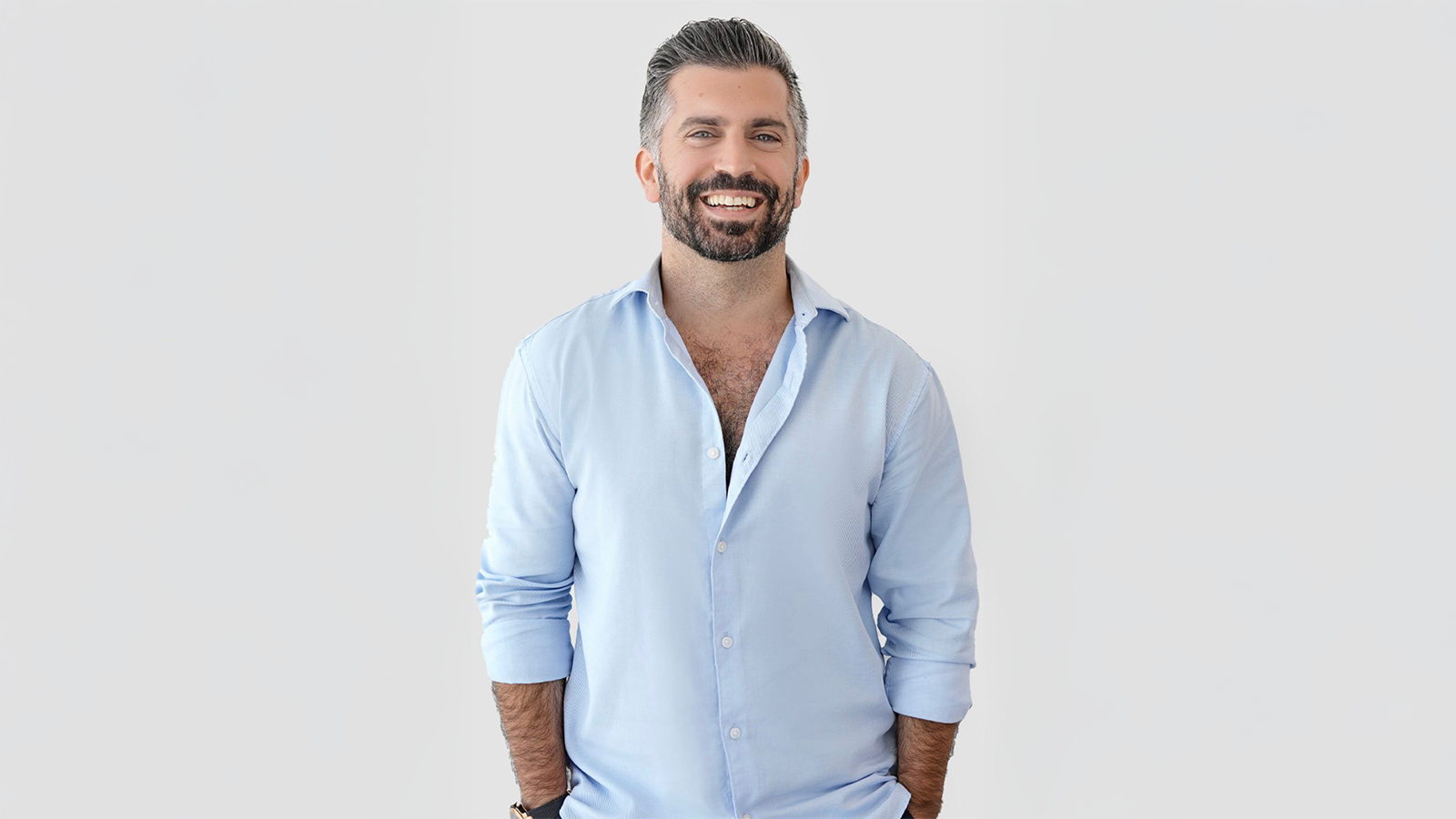
The Power of the Subconscious: Dr. Heba Yasin on Healing, Hypnosis, and Personal Growth
At the intersection of science and soul, Dr. Heba Yasin is helping people rediscover the power of the mind to heal, grow, and transform. With roots in education and a PhD in Social Psychology, she has evolved her career into psychotherapy, life coaching, and hypnotherapy — always with one mission in mind: to create safe, judgment-free spaces where people can reconnect with themselves. Known for her holistic approach that blends subconscious reprogramming with practical coaching tools, Dr. Yasin is part of a growing movement reshaping the conversation around mental health in the Middle East. In this interview, she opens up about her journey, the rising acceptance of therapy and hypnosis, and why the path to wellbeing often begins by turning inward.
1 – Can you tell us about your early career journey – what first inspired you to step into the field of psychotherapy and coaching, and how has that foundation shaped the professional you are today?
I started my career at an educator, and worked many years in schools, I was always that teacher who has the natural ability to deal with students embracing their differences and assist them become their best potential and support parents, I started sensing the positive impact as they kept coming back seeking guidance. I started learning psychology to enrich that in me, and there where I found my true love. I took my first steps learning life coaching and continued the path taking all turns possible and nearly impossible until I completed my PhD in Social Psychology, and now I run my life coaching and psychotherapy business.
2 – As a psychotherapist, life coach, and trainer, how would you describe the current state of mental health awareness in the Middle East – especially around stigma and access to care?
Firstly, let me thank you for this question, because it’s important to highlight the shift in mental health awareness in the Middle East in the past few decades. Even though some people still see it as a stigma, the percentage of people that seek professional help is rising, that could be due to many reasons, one of them is the access to care as you mentioned, as it has become more feasible than ever, with the increasing number of professionals and even the self-learning courses and self-help books. Add to that the national mental health strategies, increased funding, legal protections, and culturally centered awareness campaigns—especially via digital platforms—are contributing to a shift in public understanding and access, but let’s not forget that even that varies from one country to another within the region, UAE is considered as a pioneer when it comes to that type of contribution in specific.
3 – What unique mental health challenges do individuals in the region face, and how has cultural sensitivity influenced your approach to treatment?
In my opinion, I would say that such mental health challenges in the region stem primarily from cultural stigma, which prevents people from seeking help for conditions like depression and anxiety for example, as they would fear the judgement and rather seek professional help secretly. Regional stressors such as ongoing conflicts, displacement, and economic disparities contribute to the increase of mental health burdens and lower the chances of prioritizing seeking professional help. Other significant challenges include limited government investment in mental healthcare, a shortage of trained mental health professionals, and a lack of culturally sensitive services in some countries of the region. In respect of cultural sensitivity, I always prioritize confidentiality of my clients, I acknowledge and appreciate their trust, enough to provide a free of judgement safe space for them. I understand, respect, and adapt to a client’s cultural background, leading to more effective assessments, tailored treatments, and a stronger therapeutic alliance.
4 – You’re a certified hypnotherapist-how did you first discover the power of hypnosis, and why specialize in it?
Now this is a funny one! When I started investing in this discovery of hypnosis, it was purely out of curiosity, it was never part of the plan. Like many other people, I did have my own misconception of it, and wanted to know more. And to my surprise, I discovered that power during the training course. The impact I was able to witness, was the reason behind getting certified.
5 – What do you see as the core benefits of hypnosis for mental wellness – such as stress reduction, trauma recovery, or confidence-building, etc.?
Hypnotherapy aims to re-program patterns of behavior within the mind, enabling irrational fears, phobias, negative thoughts and suppressed emotions to be overcome, and that is a key to stress reduction, trauma recovery and many other challenges such as depression and anxiety.
6 – In your experience, how receptive are clients in the Middle East to hypnotherapy? Are there misconceptions you frequently must clarify?
If you allow me, I’ll answer the second part of the question first. Yes indeed, there are still many misconceptions that I frequently must clarify, and I’ll use this chance to do it one more time. Hypnosis is learning how to follow instructions in order to relax and get out of the way of your unconscious mind. It involves you experiencing a sense of deep relaxation with your attention narrowed down, and focused on appropriate suggestions made by the therapist. In a hypnotherapy session you are always in control and you are not made to do anything, in fact it works on a level to create change and it’s all about empowerment. Now even with that clarification, some clients still choose not to be hypnotized, and that is an example of how one thought can affect your decision making in life regardless of what you come to learn. In my experience, clients in the middle east are still not that receptive to hypnotherapy. But to be fair, there is a growing acceptance especially in the Gulf, UAE and Dubai in precise.
7 – Can you share a transformative success story (keeping the person anonymous) where hypnosis played a pivotal role in healing or personal growth?
Now this is going to be very enlightening and eye opining for many. I once had a middle-aged client who suffered greatly from overthinking, and even started expressing that she hears her thoughts as voices of her own and others. Before hypnosis, she has always believed that she was a worried person, she even gave herself that label and walked in life mostly surviving. In a hypnotherapy session it was obvious that she was responding to memories of past trauma, as we got to the root of it everything started dissolving and her understanding of her emotions and thoughts has greatly shifted positively. After the session she had only minor practices to do to finally renown her life and regain control over her thoughts. I remembered she sent me once a message that reads “ I think I have a new birth date to celebrate”
8 – What safeguards and ethical considerations do you emphasize when using hypnosis, particularly to maintain trust and ensure client safety?
To ensure safety and maintain trust I always prioritize informed consent, confidentiality, and clear professional boundaries. I never try to influence creating false memories as that can negatively affect the benefit of the whole process. I work solely within my competence and be transparent about fees and limitations.
9 – How do you integrate hypnosis with other modalities like psychotherapy, coaching, or professional training to achieve best results?
I’m very proud and enthusiastic about my approach in this integration because it can really make any “Heal to Grow journey” as I like to call it, less challenging and more achievable for my clients. I use hypnosis to target subconscious issues, reframe limiting beliefs, and install new behaviours, while the other modality provides a structured framework for goal setting, accountability, and practical application. This synergistic approach addresses conscious goals and subconscious blocks simultaneously, fostering deeper self-awareness, motivation, and sustained change.
10 – With the rise of mental health discussions online in the Arab world, where do you see the future of holistic approaches-like coaching with hypnosis-going in the next few years?
I believe that this rise of mental health discussion online in the Arab world is going to contribute to the growing acceptance of holistic approaches like life coaching and hypnosis driven by the rising of mental health awareness and reduced stigma. I believe that the future will hold a blend of digital integration, cultural adaptation, and specialized offerings, though challenges like regulation and professional standardization will need to be addressed.
11 – If you could share one piece of advice to people who are hesitant about hypnosis, what would it be?
That’s a good one. I would say, forget everything you think you know about hypnosis and allow yourself to explore it just like you would with a new outfit.




